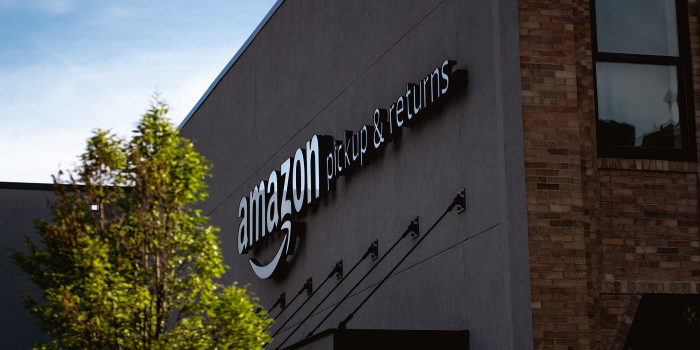In a notable shift, Amazon’s senior leadership, spearheaded by Mike Hopkins, senior vice president of Prime Video and Amazon Studios, is expressing impatience with the prolonged embrace of remote work. Hopkins, during an internal meeting, emphasized the need to “disagree and commit” to a return to the office, aligning with Amazon’s leadership principles.
Hopkins, echoing Amazon’s leadership principles, urged employees to adhere to the philosophy of “disagree and commit” as a directive to fall in line with company decisions, even if personal opinions differ. The call for a return to the office stems from a belief held by Jassy and other top executives that optimal work happens when employees are physically together. Despite lacking concrete data on the comparative effectiveness of remote versus in-person work, Hopkins emphasized the perceived success of the return to office, citing increased energy, collaboration, and connections.

Amazon’s push for a return to the office contrasts with its stance a year ago when Jassy indicated a flexible approach to office presence. However, the company, following the lead of executives like Elon Musk and Sundar Pichai, mandated a return to the office earlier this year, albeit with an exception request process.
While studies suggest that in-person work fosters serendipitous interactions and spontaneous collaboration, the broader trend reveals a workforce preference for remote-first jobs. The battle for flexibility remains crucial, with remote work offering benefits such as saved time, increased flexibility for errands, and shared moments with loved ones. Companies staunchly resisting flexible options face challenges in retention and churn.

Annie Dean, VP of Team Anywhere at Atlassian, challenges the notion that office attendance is the key driver of creativity, arguing that fully flexible arrangements offer a healthier and happier lifestyle. She emphasizes that issues of productivity, innovation, and creativity are more related to “how to work” than “where to work.” The office, according to Dean, may not inherently solve these challenges; instead, new ways of working are essential.
While the return to the office may provide valuable opportunities for mentorship and learning by osmosis, particularly for early-career workers, the efficacy of in-person work in solving broader workplace challenges remains a subject of debate. Amazon’s emphasis on physical presence indicates a departure from the prevailing trend favoring remote and flexible work arrangements.


